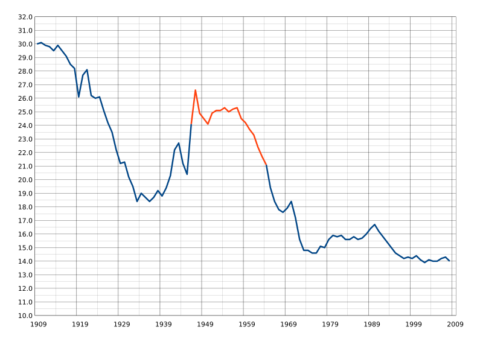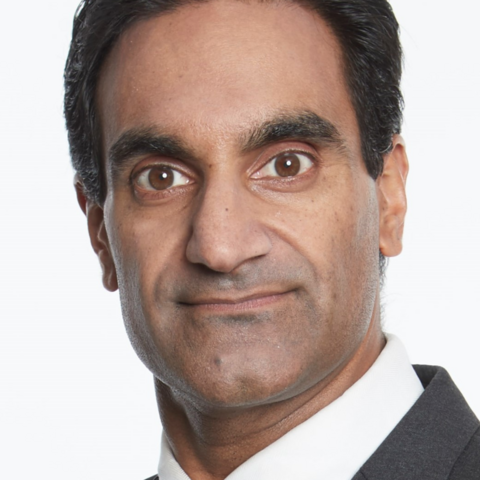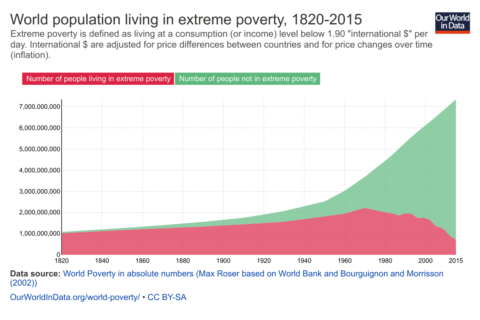Jon Miltimore discusses how the unintentional outcome of professional organizations making recommendations to the public without proper scientific understanding created so many of the allergies that now plague youngsters:

“Peanuts, LEAP study (Learning Early About Peanut allergy)” by jlcampbell104 is marked with Public Domain Mark 1.0 .
In 1992, with the help of a grant from the National Institutes of Health, The New England Journal of Medicine published a report on a rare phenomenon: fatal or near-fatal anaphylactic reactions in young people due to food allergies.
Examining a period of 14 months, researchers identified thirteen cases, twelve of which involved asthmatic youths. Six of the thirteen anaphylactic reactions resulted in death, and each case had involved a young person with a known food allergy who had unknowingly ingested the food.
“The reactions were to peanuts (four patients), nuts (six patients), eggs (one patient), and milk (two patients), all of which were contained in foods such as candy, cookies, and pastry,” researchers wrote.
The paper said nothing about banning these foods, but concluded that “failure to recognize the severity of these reactions and to administer epinephrine promptly increases the risk of a fatal outcome”.
Nevertheless, food bans followed, and the Centers for Disease Control and Prevention (CDC) began to encourage educators to “consider possible food allergies” during food preparation.
By 1998, the New York Times was reporting on the rise of peanut allergies and the measures school districts were taking to stop them.
“Prodded by parents warning of lethal allergies, by the contentions of some researchers that peanut allergies are on the rise and, not least, by a fear of litigation, growing numbers of public and private schools across the country, including many of New York City’s most selective independent schools, have banned peanut butter from their cafeterias,” wrote Anemona Maria Hartocollis.
“The Biggest Misconception”
When the Times published its article in 1998, the American Academy of Pediatrics (AAP) was not yet issuing recommendations about peanuts or food allergies in infants. But as public concern grew, they decided they had to offer guidelines of some kind.
“There was just one problem,” Marty Makary, a Johns Hopkins University surgeon, noted in a recent Wall Street Journal op-ed. “Doctors didn’t actually know what precautions, if any, parents should take.”
Instead of remaining mum, the AAP followed the lead of the United Kingdom’s Committee on Toxicology and recommended that mothers avoid peanuts during pregnancy and lactation, and that children avoid peanuts until the age of 3.
The decision to make such a sweeping decision in the absence of compelling scientific evidence was a mistake, allergists say, and runs counter to basic immunology.
Dr. Gideon Lack, an allergist at King’s College London, says the collective effort to cocoon children from peanuts and other foods is responsible for what has been described as a “food allergy epidemic”.
The data suggest Lack is right.
In the 25 years since the AAP issued its recommendation, the US (like the UK, which also advised peanut avoidance) has experienced an explosion of food allergies, especially peanut allergies. Data from Mount Sinai Hospital System in New York show that peanut allergies more than tripled in the decade and a half following the AAP’s guidance. In 1997, peanut allergies affected 1 in 250 children in the United States. By 2002, this rate had risen to 1 in 125, and by 2008, it reached 1 in 70 children.
Anecdotally, I only remember one kid in my middle school who had food allergies … and poor Rusty had ’em all. He was known as the “Kid with a thousand allergies” and had to be so careful of what he ate and even what he touched. but this was the mid-1970s and there weren’t formal school guidelines on what we could bring in our school lunch bags or use scented things like deodorant. (It was the 1970s, and a lot of us were just hitting puberty and many of my classmates were new Canadians from poorer countries … we needed the deodorant!)














